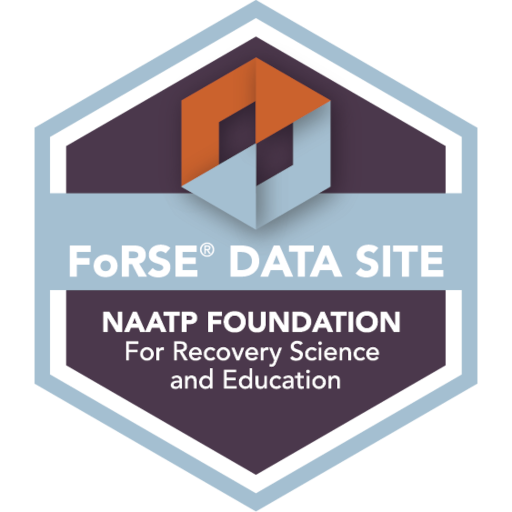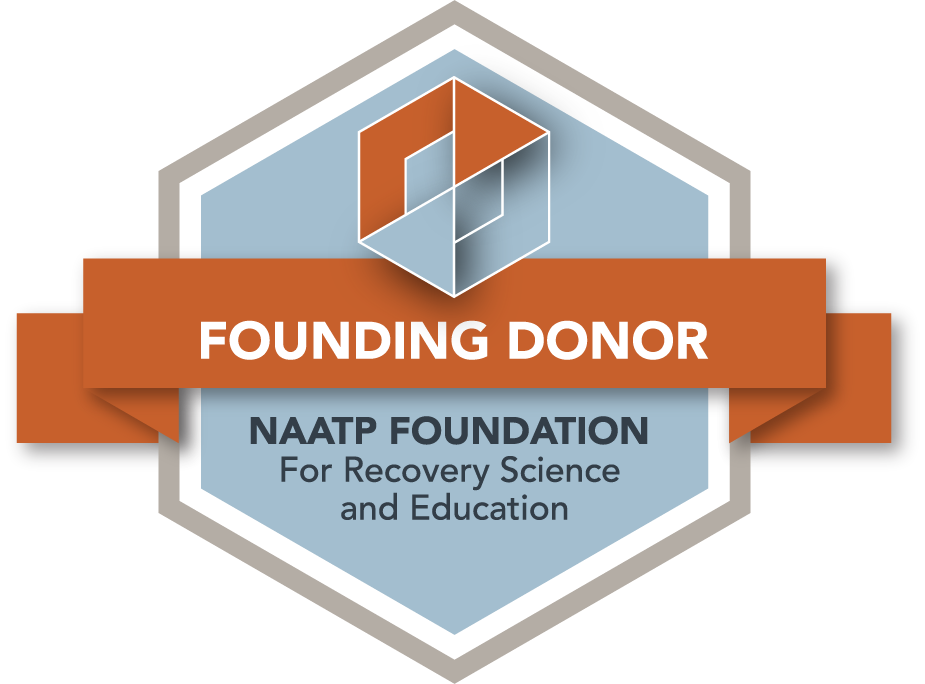|
Opiate addiction and its devastating consequences, including over 25,000 deaths1 per year related to overdose, continue to be an overwhelming, catastrophic, and heartbreaking problem in the United States. There are a number of medications that can help address this addiction but no medications that provide anything close to a cure. We recognize that substituting longer acting opioids like methadone or buprenorphine (Suboxone or Subutex) can help in the treatment of opioid addiction, with the largest benefit being in the heroin user. Suboxone or Subutex have been shown to reduce risk of accidental opioid related deaths, intravenous mediated infectious diseases including Hepatitis C and HIV, as well as reduced incarceration rates for drug related crime. Unfortunately, Suboxone or Subutex have not been shown to be “magical” in the treatment of opioid addiction. Patients who are placed on buprenorphine or methadone who fail to refill their medications or to follow up with their physician can have a high rate of failure. Patients who return to their drug of choice, or continue to abuse opioids, or are actively using other drugs like cocaine or methamphetamine in addition to their prescribed buprenorphine or methadone, present the potential for abuse of these drugs.
At La Hacienda, we do not treat patients with long acting opioids from a maintenance standpoint, but we do utilize buprenorphine during the detox phase to reduce the intense physical discomfort associated with withdrawal. We are strong proponents of the usage of a specific opioid blocker, naltrexone, which is available in a once per day tablet form or once per month injection formula. Naltrexone has zero abuse potential, as it is not in the opiate family but blocks the opiate receptor, making it extremely difficult to relapse to opioids unless one actually stops taking the medication. We recognize that opiate maintenance with methadone or buprenorphine is a valid option for many, but we also see many who have tried this option and returned to their drug of choice or used the drugs in an abusive fashion because they do stimulate the opiate receptor. Some of our patients also feel very strongly that they do not want to substitute a long acting opiate to treat their short acting opiate addiction. At La Hacienda, we continue to feel strongly that addiction is a bio-psycho-social-spiritual disease and true treatment has to address all of these issues. As a 12 Step based treatment program, along with intensive counseling and medication management with daily physician visits, we strive to assist our opioid dependent patients to achieve a recovered state in addressing all of the components of their addiction. Medication assisted therapy, utilizing the opiate receptor blocker naltrexone for a minimum of 6 months, is strongly encouraged for our opioid dependent patients, along with an aggressive 12 Step based recovery program. 1 – http://www.drugabuse.gov/related-topics/trends-statistics/overdose-death-rates |
Menu
Facebook
Twitter
Pinterest
LinkedIn
Table of Contents
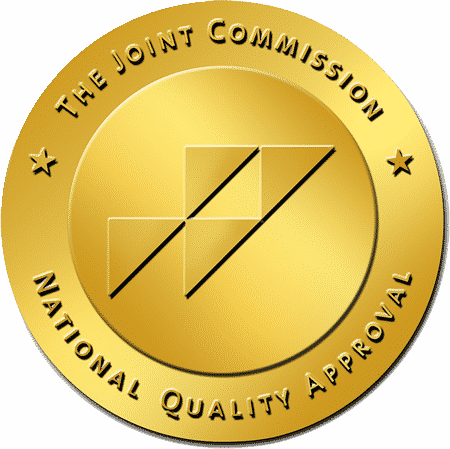
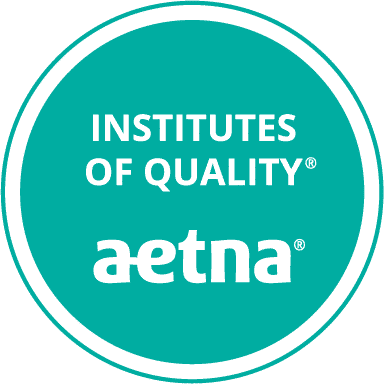
La Hacienda Treatment Center
145 La Hacienda Way Southwest
Hunt, Texas 78024
© 2024 La Hacienda Treatment Center

